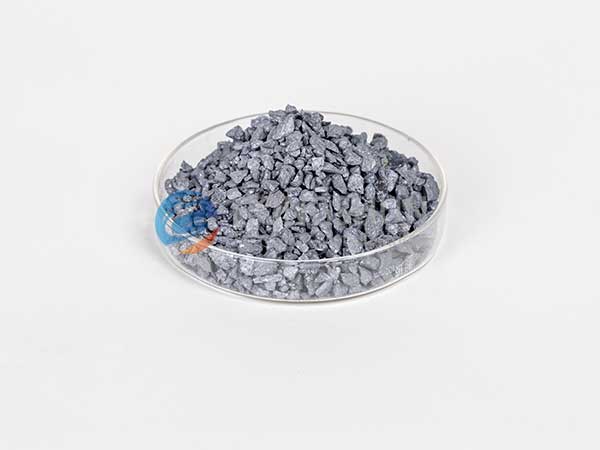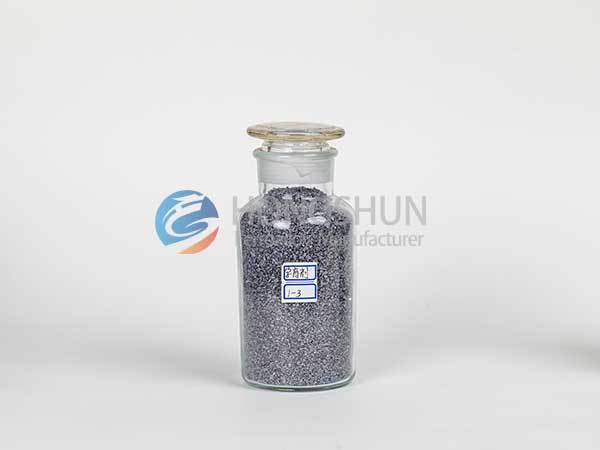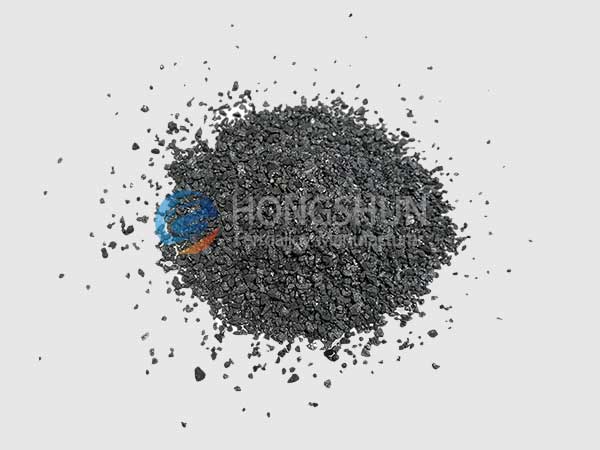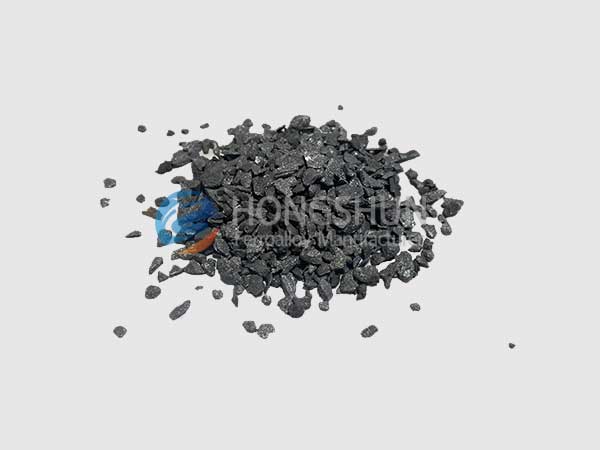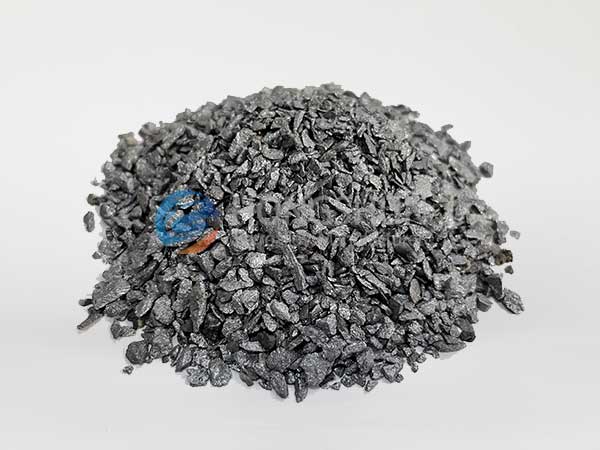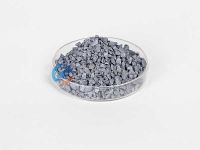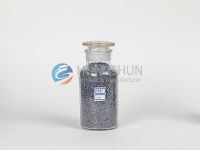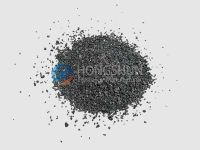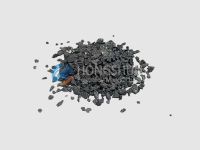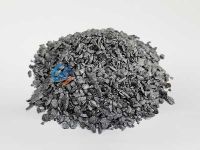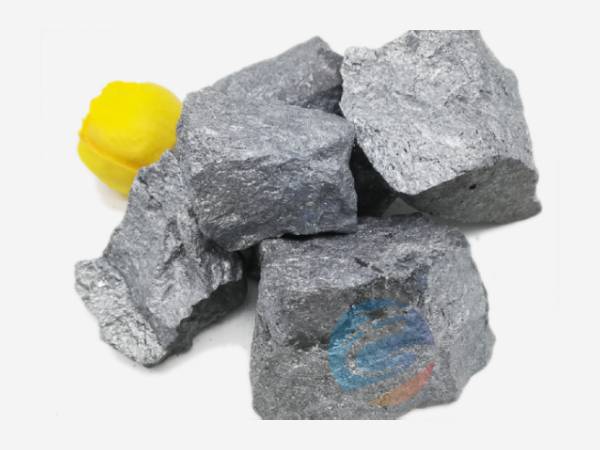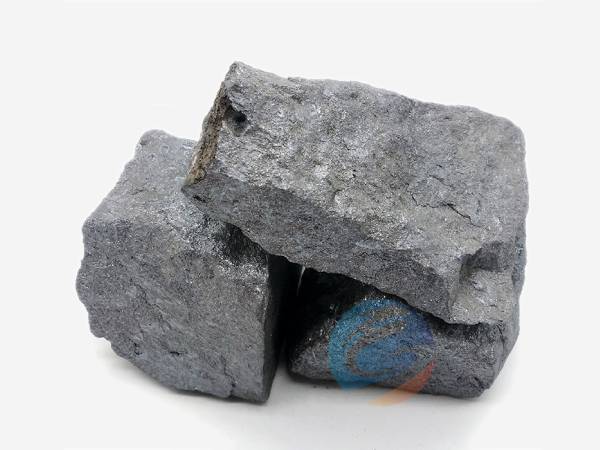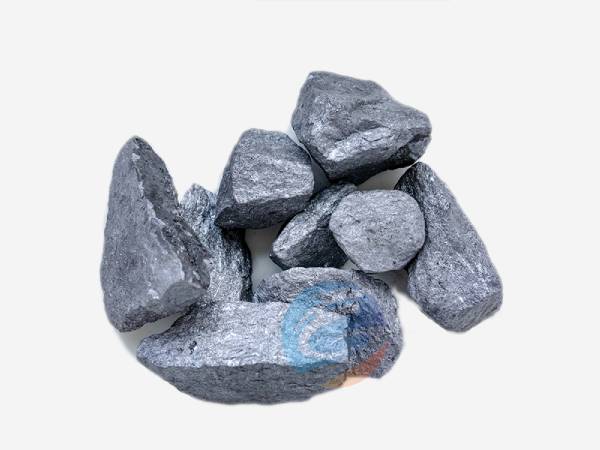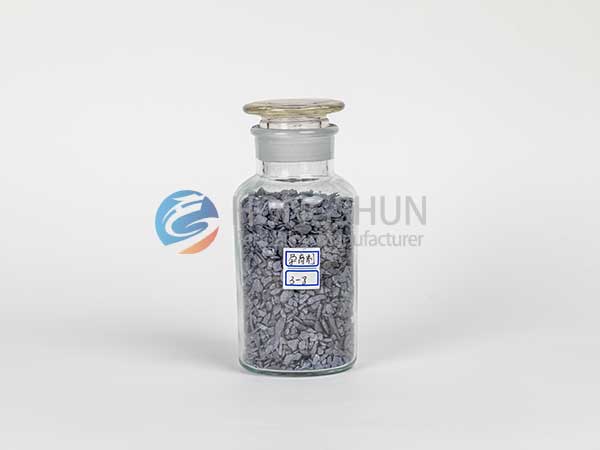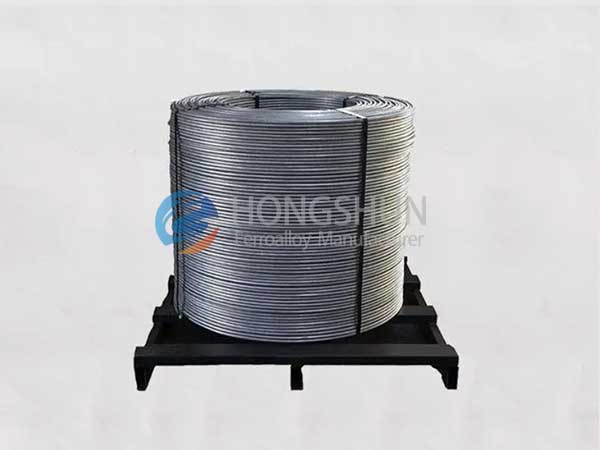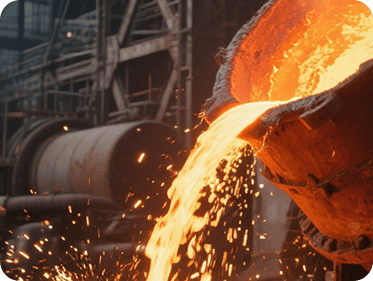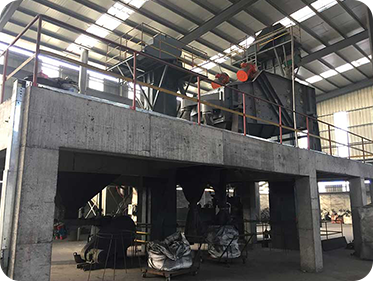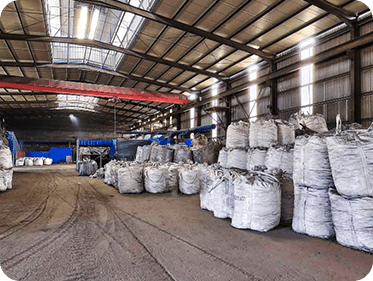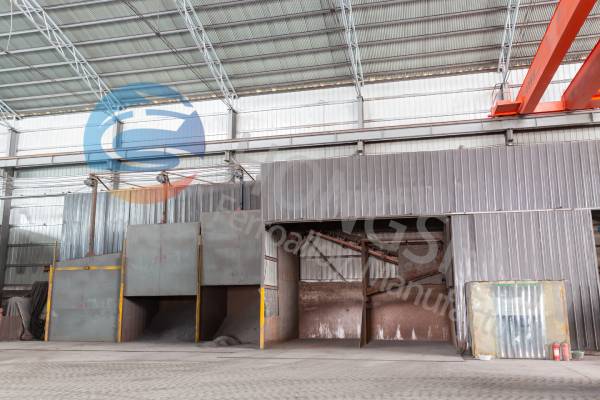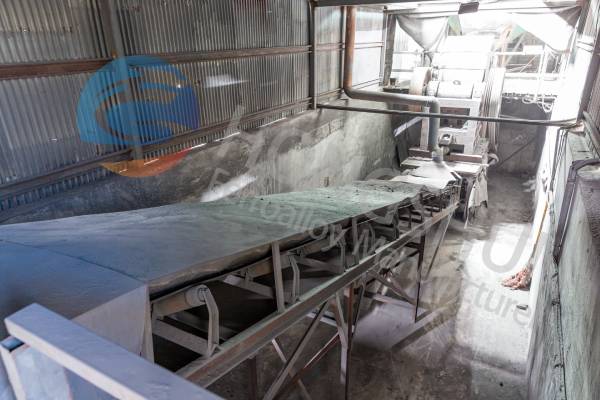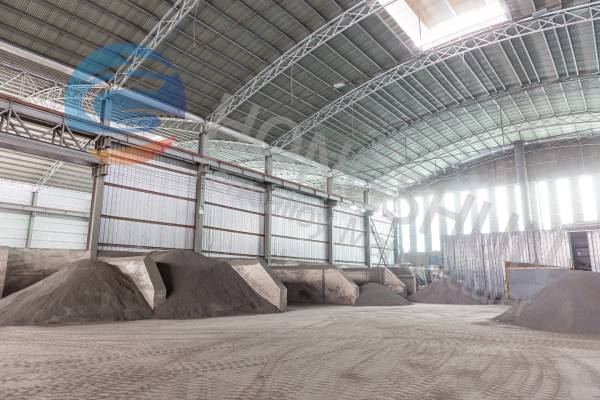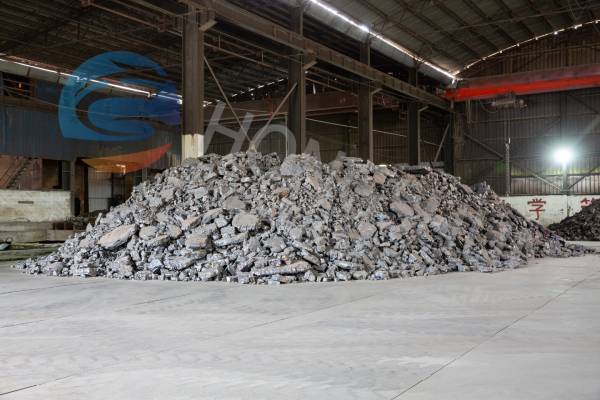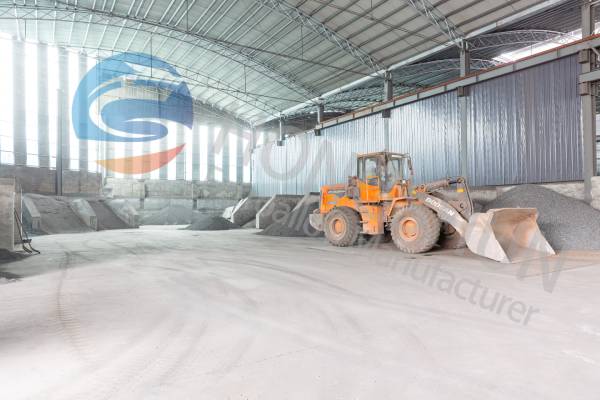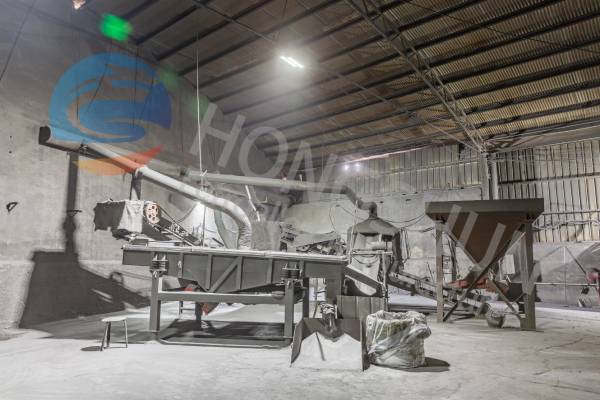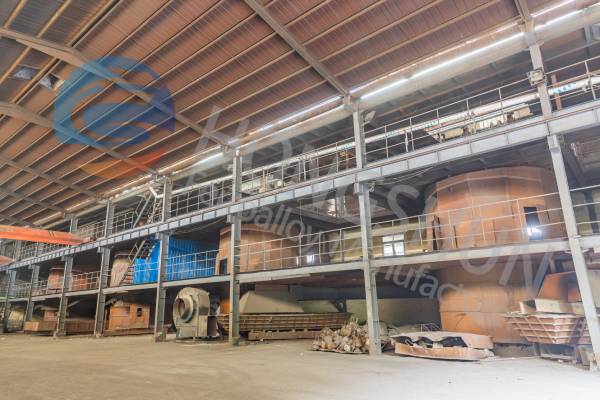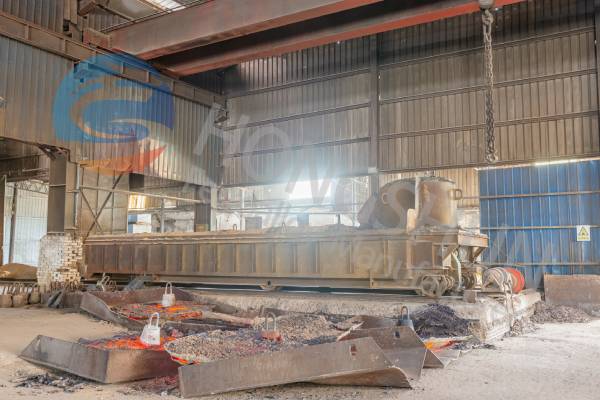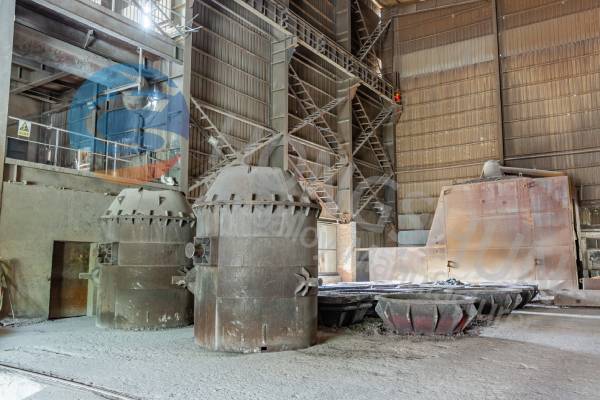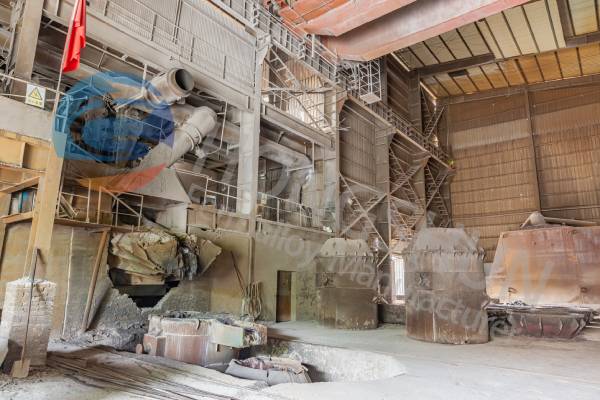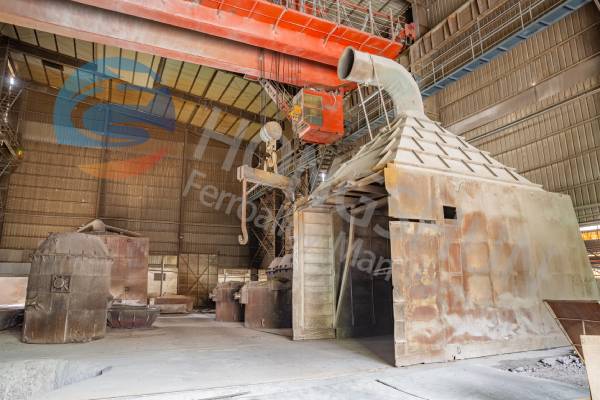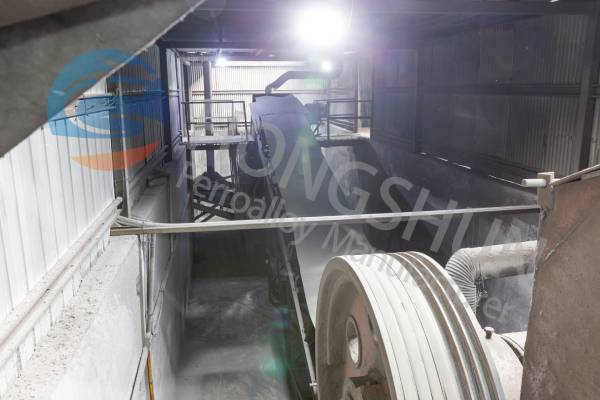During the production of cast iron and ductile (graphite) iron, inoculation is a critical metallurgical step. This process significantly enhances the mechanical properties of the final casting by promoting the formation of a desirable graphite structure and refining the microstructure of the iron.
To carry out inoculation effectively, specific alloying additives—known as inoculants—are introduced into the molten metal. These inoculants help control the nucleation of graphite, reduce undercooling, and improve the overall consistency and performance of the casting.
Chemical composition of inoculant
| Product | Chemical Composition % | |||||||
| Si | Ba | Ca | RE | Sr | Zr | Al | Fe | |
| Ferrosilicon inoculant | 70-75 | 0.5-1.0 | ≤1.5 | Margin | ||||
| Silicon barium inoculant | 70-75 | 2.0-6.0 | 0.5-1.0 | ≤1.5 | Margin | |||
| Silicon-strontium inoculant | 70-75 | ≤0.1 | 0.6-1.2 | ≤0.5 | Margin | |||
| Silicon Manganese Zirconium Inoculant | 65-70 | 1.0-2.0 | 3.0-4.5 | ≤1.5 | Margin | |||
| Silicon Barium Calcium Inoculant | 68-72 | 2.0-3.0 | 1.0-2.0 | Margin | ||||
| Rare earth barium inoculant | 65-70 | 2.0-3.0 | 0.8-3.0 | ≤1.5 | Margin | |||
Chemical composition of inoculant
Types of Inoculants Used in Cast Iron Production
Inoculants are essential additives used in the production of gray iron and ductile iron to control the structure and properties of the final casting. Depending on the composition, application, and desired metallurgical effect, several types of inoculants are commonly used in the foundry industry:
1. Ferrosilicon (FeSi) Inoculant
This is the most widely used inoculant in cast iron production. It contains silicon (typically 75%) and trace amounts of calcium, aluminum, and barium. FeSi inoculants promote graphite nucleation and reduce the risk of carbide formation.
2. Calcium-Barium Inoculant (Ca-Ba)
These inoculants contain higher amounts of calcium and barium, enhancing their ability to prevent chill and increase graphite nodularity. They are especially effective in ductile iron production.
3. Calcium-Silicon (Ca-Si) Inoculant
Commonly used for gray iron and ductile iron, CaSi inoculants provide strong nucleation capabilities and help stabilize the solidification process.
4. Zirconium-based Inoculant
Zirconium improves graphite nucleation and is particularly effective in applications requiring high nodularity and mechanical strength. It is often used in combination with FeSi.
5. Strontium-based Inoculant
Strontium inoculants are excellent for reducing chill depth and improving the distribution of fine graphite flakes in gray iron castings.
6. Special Alloy Inoculants
These include multi-component inoculants tailored to specific metallurgical needs, such as low sulfur content, improved machinability, or high strength. They often include elements like lanthanum, rare earth metals, or magnesium.
Purpose of Inoculant in Cast Iron Production
The primary purpose of inoculant is to enhance the nucleation of graphite during the solidification of cast iron, thereby improving the final microstructure and mechanical properties of the casting. Although the amount of inoculant added is relatively small, its influence on the internal structure of the iron is substantial.
Specifically, inoculants serve to:
Prevent or significantly reduce the chilling effect in castings.
Avoid excessive undercooling during solidification.
Promote graphite nucleation for finer and more uniform graphite distribution.
Improve the overall consistency and stability of the solidification process;
Ensure a uniform distribution of graphite throughout the casting structure.
By using high-quality inoculants, foundries can achieve better casting quality, reduce defects, and enhance performance in applications that require ductile iron or grey cast iron.
Choosing the Right Inoculant
The selection of the appropriate inoculant depends on various factors such as the type of iron, casting thickness, pouring temperature, and required mechanical properties. Using the correct inoculant helps minimize casting defects and improve consistency in production.
Hongshun Industrial provides a full range of high-efficiency inoculants tailored for various casting processes. Contact us for technical support and customized solutions.

